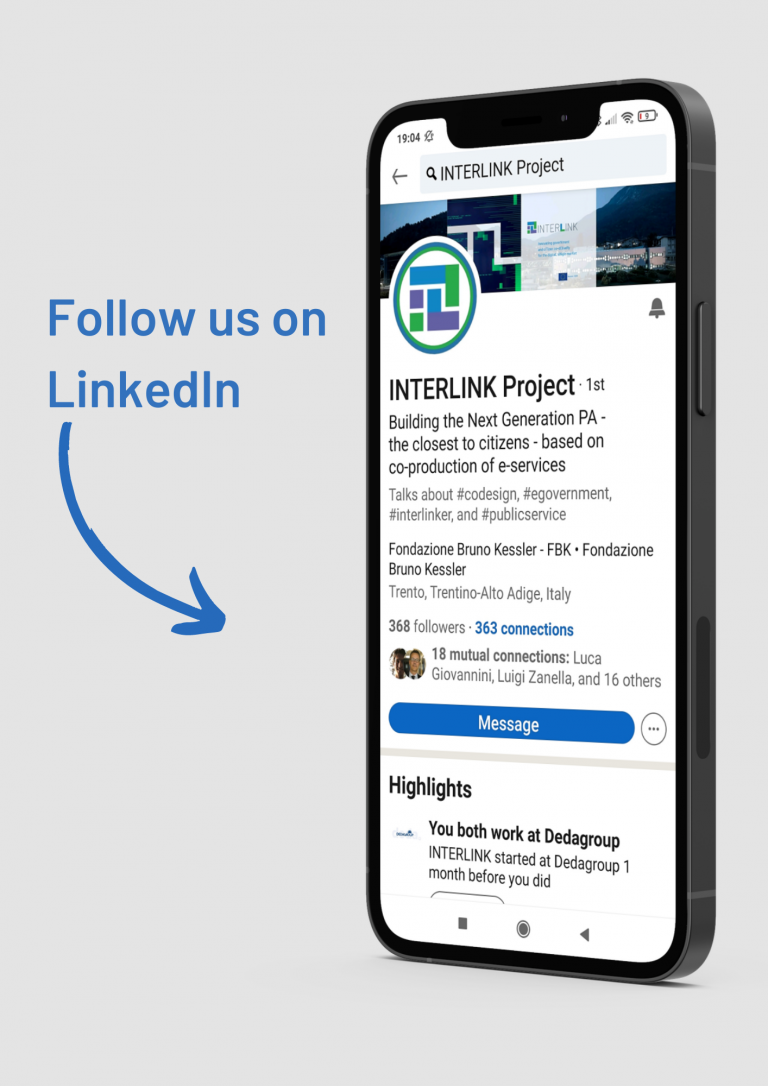2021, May. Roberto Diaz Morales is passionate about Artificial Intelligence. He is currently the Head of the Data Science and Deep Learning department at Tree Technology (TREETK partner of the Interlink Project). He is also an Adjunct Professor in the Signal Theory and Communications department of the University Carlos III de Madrid.
As a researcher and practitioner, he has a lot to say on machine learning and computer vision. Here is a short interview.
- Scientists that named a computational system “Artificial Intelligence” made a great pop work. Can we really call Intelligence, which is a human thing, the property of an Artificial mathematical system?
RDM. Other words such as “machine learning” or “deep learning” are also used in this technology, but computers are not intelligent because they are not capable to “understand” concepts or “learn” in a human sense.
What “Artificial intelligence” does is transform data into pieces of information and after that, it can learn the best rules from which to make decisions to achieve a specific goal.
- Speaking about AI (and also about automation, robots, social media, the internet, and so on) people usually polarize into enthusiastic or pessimistic. From your perspective, what kind of connection are we building around men and AI? Is it a tool to help us to grow better, maybe to save the planet? Or are we going to be substituted by AI, governed by algorithms and data?
RDM. Let’s think in a knife. It is just a tool that can be used for many different purposes. No one fears a knife or is pessimistic about the existence of knives, people use them daily when they have lunch.
In the same way. Artificial intelligence is a good tool that makes use of data to accomplish a specific goal. If these goals are aligned with our benefits, we can build a more sustainable planet (e.g. reducing industrial wastes by optimizing manufacturing production or reducing pollution by optimizing the traffic).
The problem here is that everyone understands what a knife is and we have legislation for their correct use. But AI is a more complex concept. So we must first teach the population about what “artificial intelligence” is and can do exactly. And we must also create the correct legislation, because currently legal restrictions are created by politicians that have absolutely no idea about “artificial intelligence” and are usually too lax in some aspects or too restrictive in others.
- The Interlink project aims to support Public Administrations in co-creating public services with citizens: could AI be an engine for social inclusion? Are Public Administrations ready to embrace the future with AI? Could it be possible to design Public Administration services around citizen’s needs?
RDM. As I said in the previous question we can create more sustainable cities, but also help in social inclusion. For example, we count on technologies such as speech-to-text, computer vision, automatic translation or robotics to reduce human disabilities.
In addition, the concept of fairness is a recently established area of artificial intelligence that studies how to ensure that biases in the data and model inaccuracies do not lead to models that treat individuals unfavorably on the basis of characteristics such as race, gender, disabilities, and sexual or political orientation.
- As an assistant professor, what is the AI main lesson for your students?
RDM. To have a brilliant future in this area, students must first build a strong background in maths and statistics. After that they must learn and understand correctly the mathematics and statistics under every algorithm of Machine Learning.
In my professional career, I have seen too many “professionals” that do not take enough time thinking about the problem they have to solve and directly choose an algorithm and process data.
To solve a task correctly using AI, you must first think and understand the problem to solve. Once you understand the problem and the data you count with, you can choose the proper techniques. But to choose a technique correctly, you must know their mathematical background and the strengths and weaknesses depending on the data.
- What is your hope for AI and the next generation? Are we going to live in a sci-fi movie or are we going to set an “alliance” with AI and with emerging technologies?
RDM. Artificial intelligence has created a whole new horizon of opportunities. What humans and machines perceive is completely different (using proper sensors or measuring techniques) and both process information in a very different way. For this reason, using enough training data, machines are capable of solving many problems that are too complex for humans.
However, I am not sure if speaking about sci-fi is too ambitious. What artificial intelligence will do in the upcoming years is improve existing technologies. We will see advances in many areas. For example healthcare (improving medical diagnosis), automotive (self-driving cars), manufacturing (optimizing industrial processes), social inclusion (automatic translation, voice to text, …).
The changes will arrive step by step and not in a very disruptive way. Probably, if we could see the future a century from now, it would be sci-fi for us. But the same would happen if someone from the 1920s could see the present.
The real problem is not whether machines think
but whether men do.
Barrhus F. Skinner





